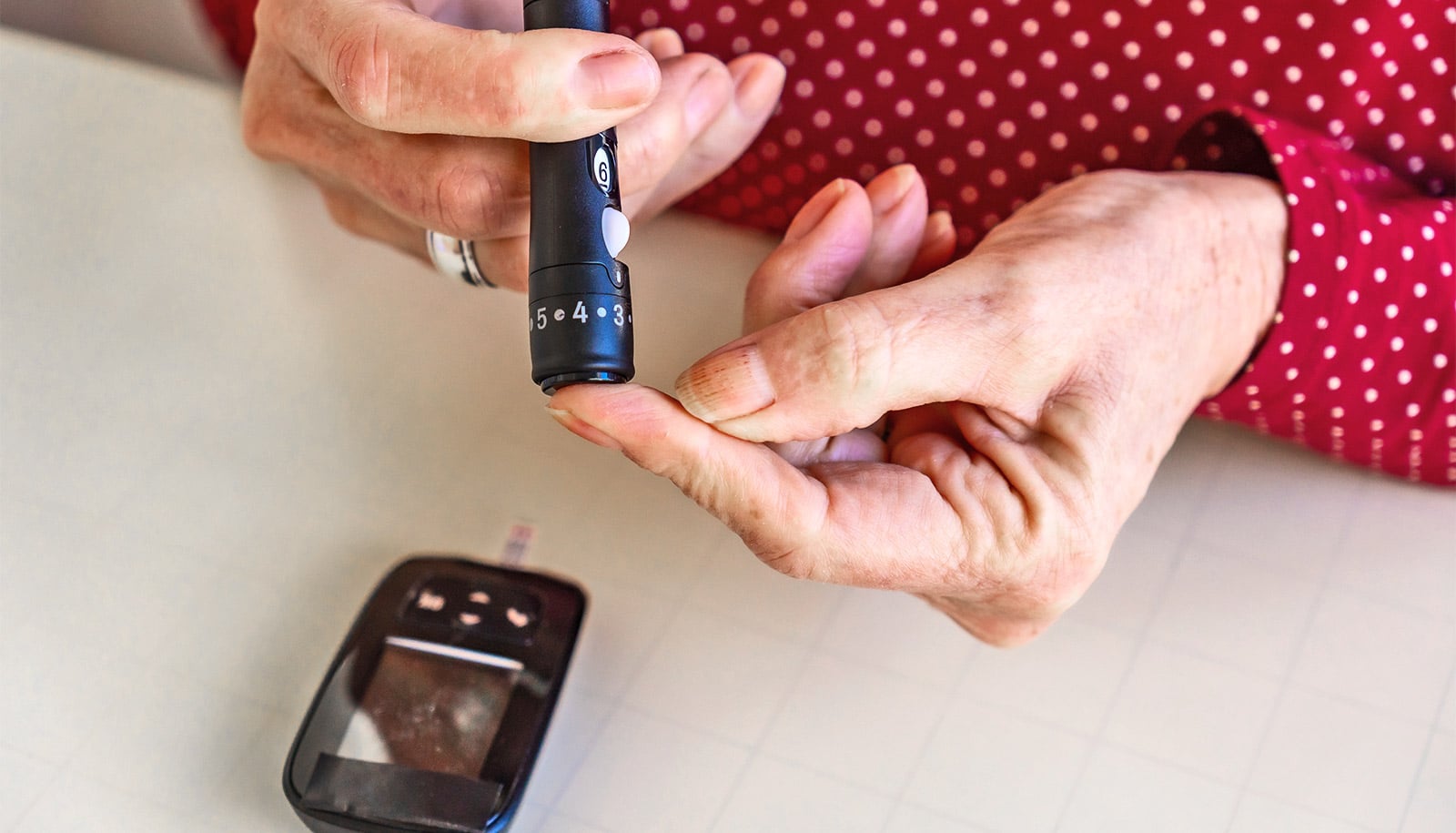The Ethics and Anti-Corruption Commission (EACC) on Friday, December 30 released a graft survey report, detailing how different government institutions performed.
The report listed public institutions with the highest prevalence of bribery when citizens seek services.
A surprise indicator was the police department missing out on the top 5 in the list.

EACC CEO Mr. Twalib Mbarak, CBS addressing attendees during the EAAACA Annual General Meeting at Safari Park Hotel on March 17, 2022.
EACC
In the past, the police department was consistently ranked among the most corrupt public institution.
In a similar EACC report of 2018, Kenya Police was ranked as the most bribery prevalent institution at 23.8 per cent followed National Police Service Commission at 13.7 per cent.
In 2020, Kenya Police once again topped the list of the most corrupt government departments in a report compiled by EACC.
The 2021 report ranked the Ministry of Health as the most bribery prevalent public institution at 18.5 per cent.
Chief and village elders came second on the list with the Office of Registrar of Persons being third.
The Civil Registration department and public health institutions were third and fourth positions respectively.
The Regular Police Force was sixth on the list with only a 7.8 per cent bribery prevalence rate.
Other institutions that made on the top ten list include Huduma Centers, the Ministry of Lands, Constituency Development Fund Offices, and County Government offices.
In terms of general corruption, Interior ministry topped as the most corruption-prone ministry at 42.4 per cent followed by Health Ministry at 19.7 per cent and Ministry of Lands came third at 11.7 per cent.
In terms of services, seeking of medical services (27.8 per cent) was the service most prone to corruption followed by registration/collection/renewal of National Identification Card (14.8 per cent), application/collection of Birth Certificate (14 per cent), processing of a bursary (6.9 per cent), processing a Police abstract (4.2 per cent), bailing of arrested individuals (4.1 per cent) and solving a land conflict (4 per cent).

EACC Office, Nairobi
File




















Discussion about this post